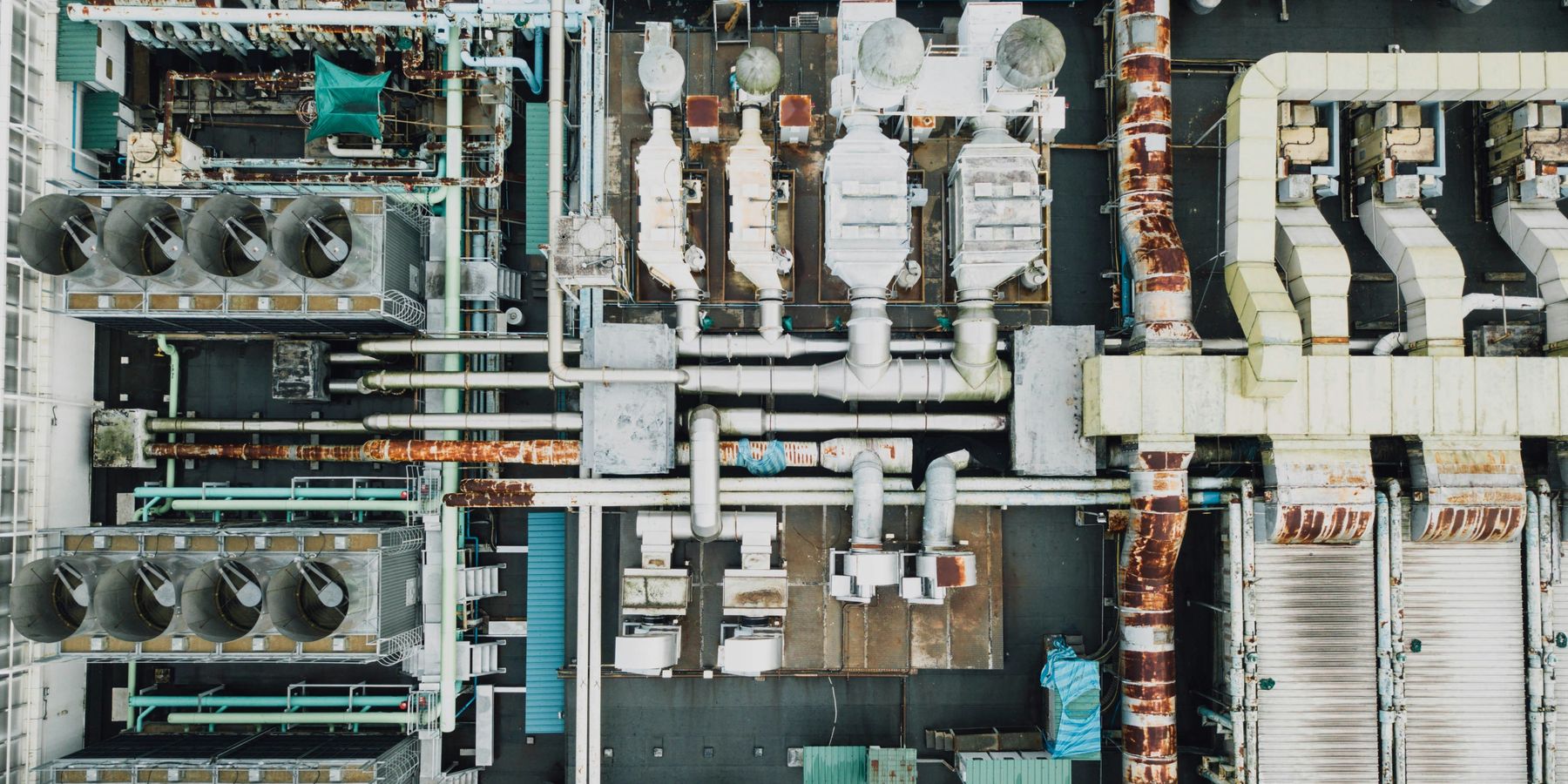
Chesapeake residents oppose new natural gas compressor station after council rezones land
Residents of a majority-Black enclave in Chesapeake, Virginia, say a $90 million compressor station approved July 15 will add yet another source of pollution to an already industrial corridor.
Lauren Hines-Acosta reports for Bay Journal.
In short:
- The Chesapeake City Council voted 6-3 to rezone an industrial tract so Virginia Natural Gas can build a backup compressor station intended to keep gas flowing on the coldest 20 days of the year.
- Company officials tout an electric motor, captured blowdown gas and projected lifetime emissions of 131 metric tons of CO₂ — levels low enough to avoid a state air permit — yet 82% of nearby residents are people of color already facing disproportionate environmental burdens.
- Opponents may file comments with the State Corporation Commission until Aug. 5, ahead of an Aug. 14 hearing; if approved, the facility would add about $1.96 a month to household bills and allow retirement of an older propane plant in 2026.
Key quote:
“It’s important that we are taking steps to repair the harm from the past and making sure that projects like these aren’t continuing to be built in vulnerable communities."
— Leianis Gunn, Hampton Roads organizer, Chesapeake Climate Action Network
Why this matters:
Compressor stations are the beating hearts of America’s natural-gas network, raising pipeline pressure so fuel reaches power plants, factories, and homes during deep freezes. Yet the equipment emits nitrogen oxides, volatile organic compounds, and methane, pollutants linked to asthma, heart disease, and climate change. Across the country such facilities are frequently sited in working-class communities of color, reviving the legacy of redlining that concentrated hazards near those with the least political clout. Even when operators switch to electric motors and capture blowdown gas, residents remain wary, pointing to cumulative pollution from highways, Superfund sites, and refineries next door. The Chesapeake debate echoes a national reckoning over how energy reliability, consumer cost, and environmental justice should be balanced in an era of intensifying extreme weather.
Related: Republicans drive efforts to block civil rights protections against pollution













